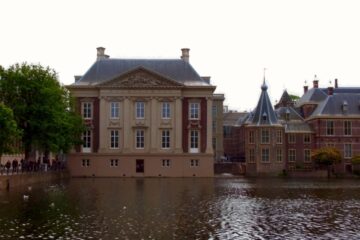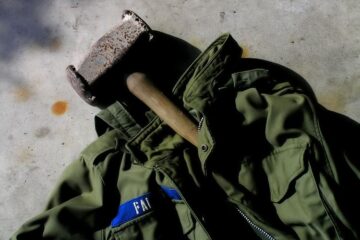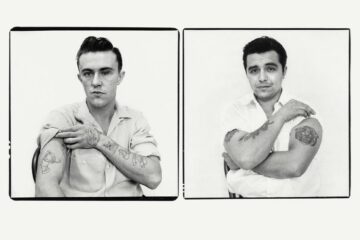
Uitgebreid verhaal over de locale politiek en islam in the Economist deze week. Rotterdam komt er volop in aan bod, als voorbeeld van hoe goed het eigenlijk gaat, gezien het potentieel aan onmin en problemen. Een paar citaten:
“Take Rotterdam, where Ahmed Aboutaleb, a Muslim from Morocco, will take over as mayor at the start of 2009. On the face of things, Rotterdam has the ingredients for a Eurabian nightmare. Its Muslim population (at least 13% of the total, some say more) huddles in a few poor districts; there is a big white working class; and this is the home of Pim Fortuyn, the Islam-bashing gay politician who was killed in 2002. A group set up by Fortuyn – Liveable Rotterdam – remains active, though it lost control of the city hall to a Labour-led coalition in 2006.”
“And yet for now the public mood in Rotterdam is one of compromise. Among the leftist councillors who induced Mr Aboutaleb to leave his government job, the talk is of reaching out to xenophobic voters. Some policies adopted by Liveable Rotterdam – such as house searches to find illegal immigrants – have been kept under Labour. And Labour councillors like Hamit Karakus (born in Turkey but now steeped in Dutch emollience) stress the need for sensitivity to the ‘host’ community.”
“Muslim citizens, he says, must understand old Dutch people who fear to leave their homes because neighbourhoods have changed. Muslims, he adds, are entitled to call the Netherlands home and practise Islam, but must accept the basics of democracy, and equality between the sexes. For the foreseeable future, no ezan, or call to prayer, will be heard on Rotterdam’s quays: too provocative, says Mr Karakus.”
“In the rough dockside area of Feijenoord, a local Labour politician, Robbert Baruch, enthuses about the role of mosque committees in a ‘social network’ that mitigates poverty. He has often helped Muslim groups to qualify for municipal funds by broadening (to include non-Muslims) the range of partners and beneficiaries in their social activities. While scholars debate the role in European history of Islamic culture, local politicians face practical issues. Should recreation be segregated by sex? What food should be served in schools? How should city workers dress?”
(…) “When there is an electoral, or practical, imperative to deal with Muslim concerns, local administrators somehow get round the taboos. Muslims, meanwhile, find themselves in strange alliances. Brahim Bourzik, a well-connected Rotterdam Muslim, co-organises public events with a gay newspaper: to remind people, he says, that gays have often spoken up for immigrants’ rights.”





